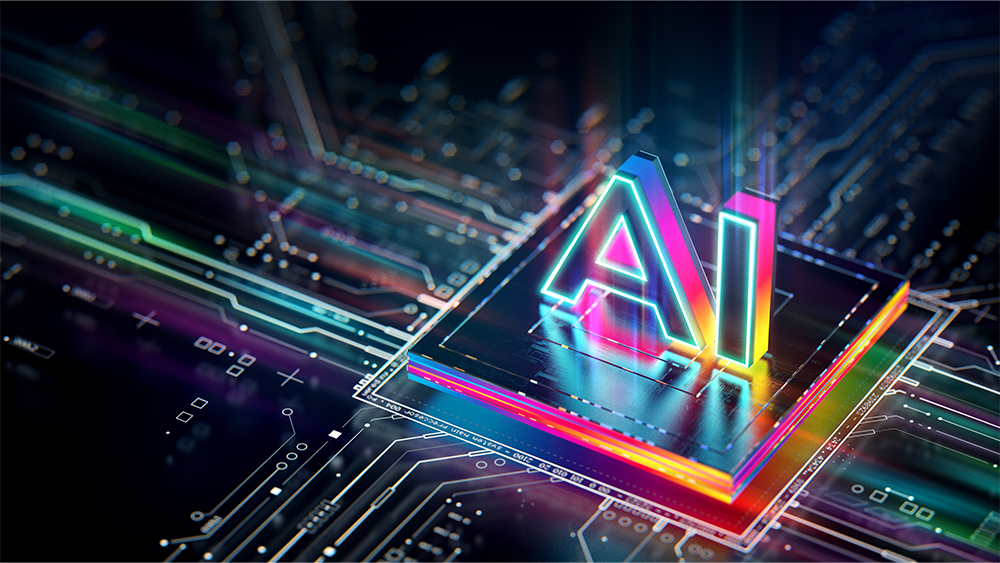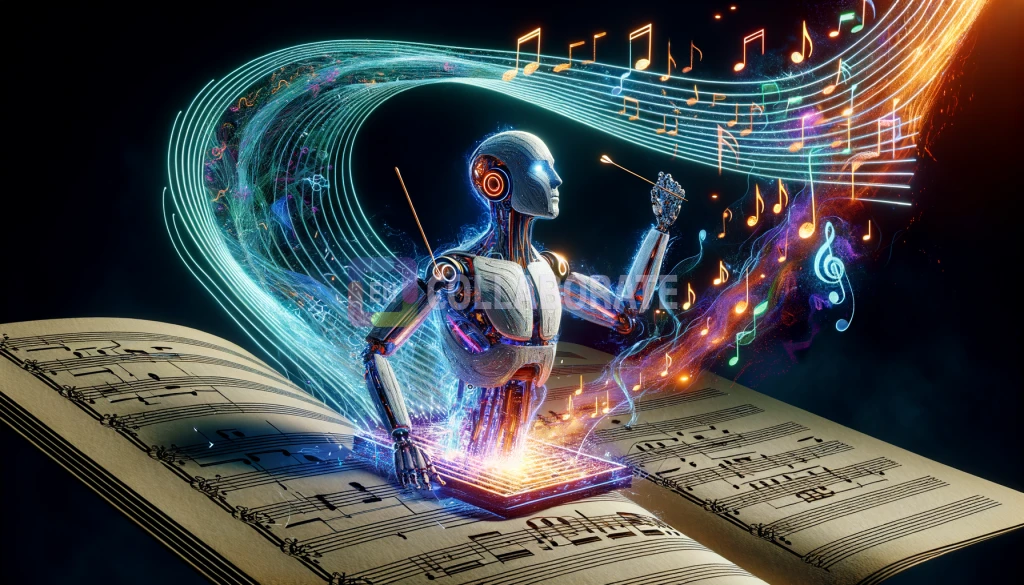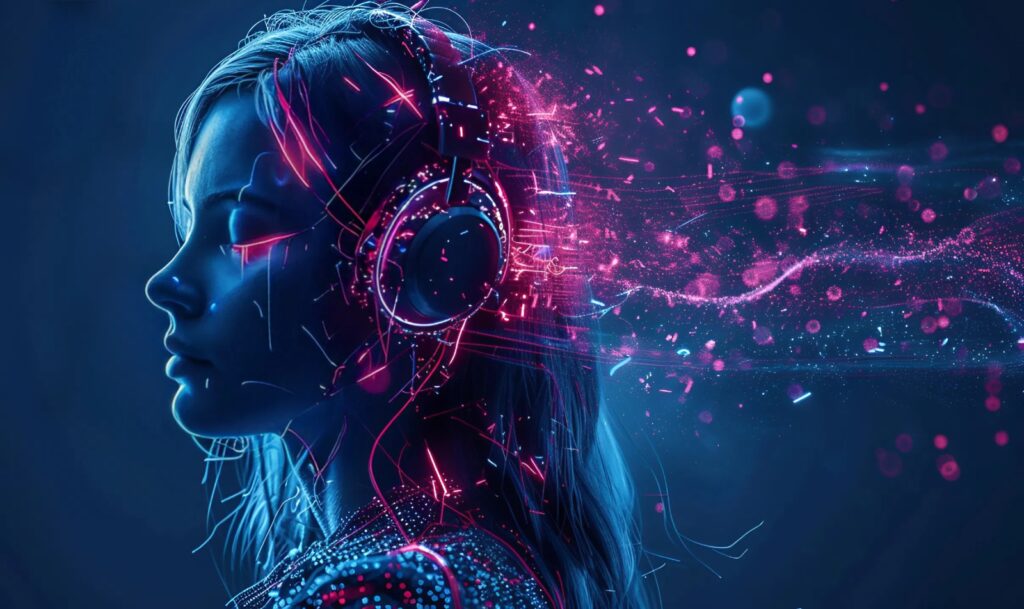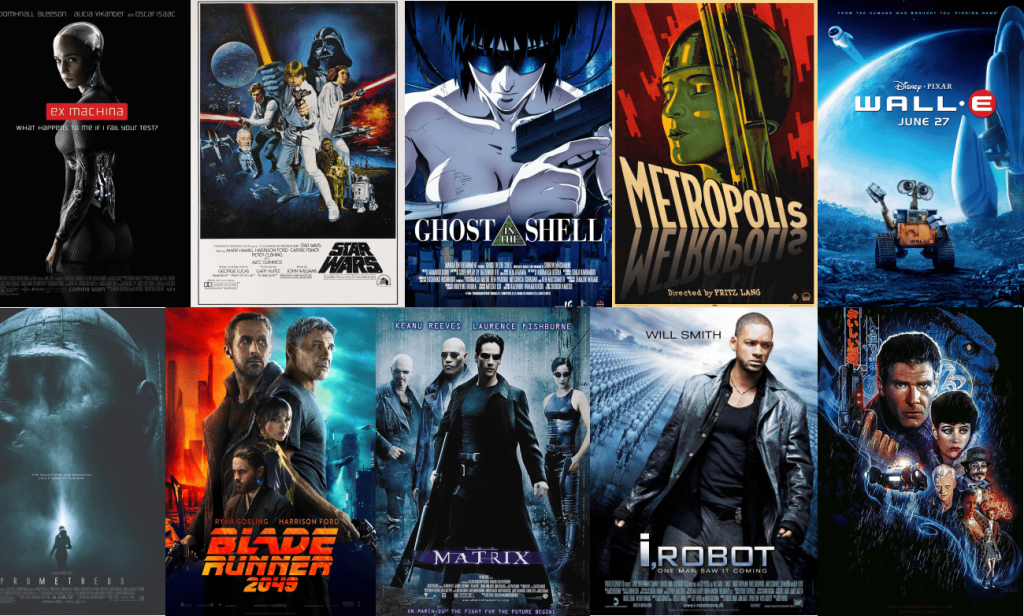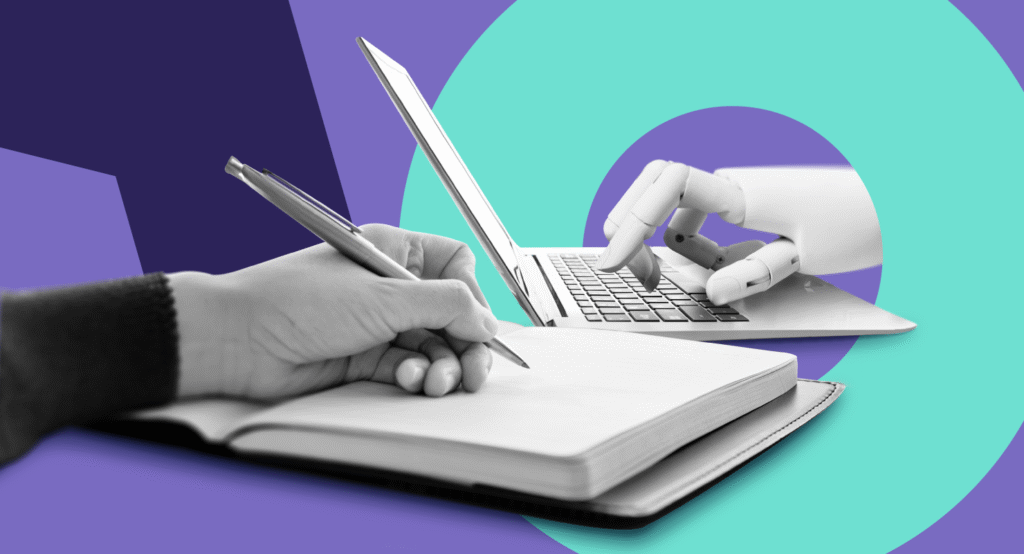AI-generated Music: Transforming the Soundscapes of Tomorrow
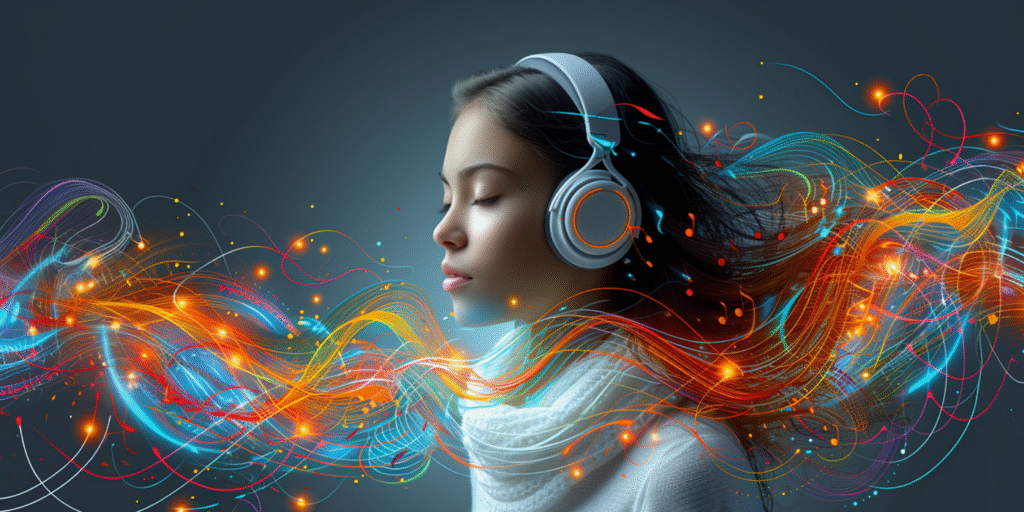

The advent of artificial intelligence has marked a turning point in multiple industries, and the music industry is no exception. As AI continues to evolve, it is becoming a formidable tool in the creation, production, and distribution of music. This blog post delves into the impact of AI-generated music on the soundscapes of tomorrow, examining how technology is reshaping this creative space.
The Rise of AI in Music Creation
Artificial intelligence in music creation is no longer a theoretical discussion; it is an emerging reality. Several AI platforms have been developed to compose music autonomously. These platforms use machine learning algorithms to analyze a vast array of songs, learning patterns, styles, and structures. As a result, they can create compositions that mimic or even innovate beyond human creativity.
For instance, OpenAI’s MuseNet and Google’s Magenta are at the forefront of this technological innovation. MuseNet can generate music with up to ten different instruments, capturing a wide range of styles from classical symphonies to contemporary pop music. On the other hand, Magenta focuses on tools and models that support the creative process of artists, including those rooted in complex compositions.
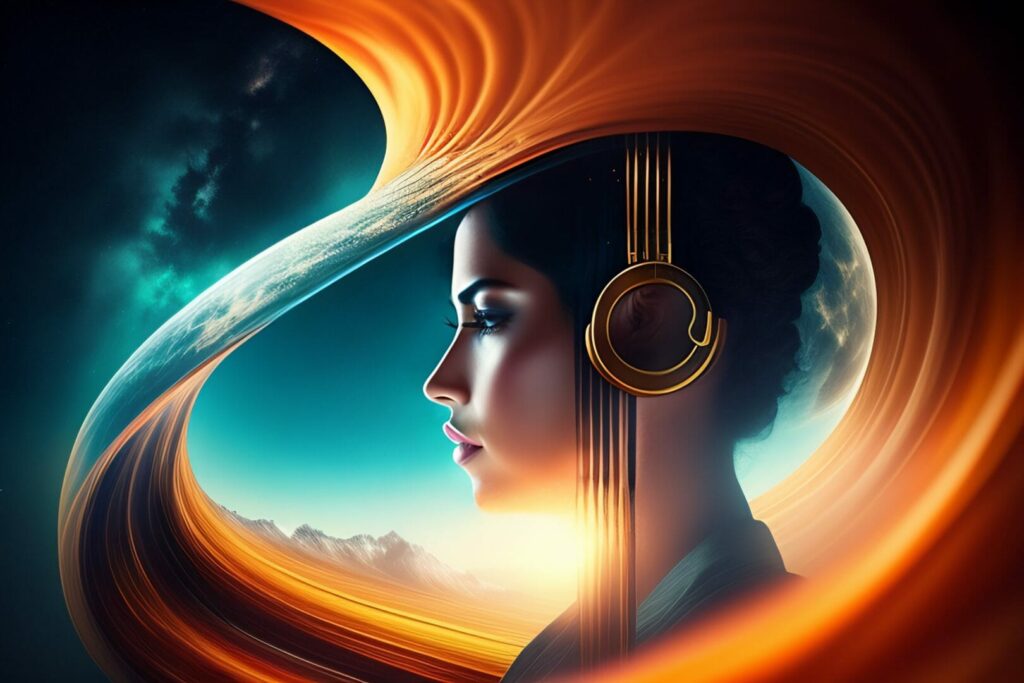
Impact on Music Production
AI has also made significant inroads into the production side of the music industry. Traditionally, producing a song involves a multi-layered process requiring the expertise of producers, sound engineers, and musicians. AI is revolutionizing this process by automating tasks such as mixing, mastering, and even identifying flaws in recordings.
LANDR, an AI-driven mastering service, exemplifies how AI aids music production. Aspiring musicians now have access to high-quality mastering without the need for expensive studio time. By analyzing thousands of tracks, LANDR’s algorithm enhances sound quality in a matter of minutes, thus democratizing music production.
The accessibility provided by AI tools allows for innovative experimentation, where musicians can explore new sound textures and rhythms without the burden of detailed technical expertise or financial constraints.
Evolution of Music Personalization
With AI’s capacity to analyze vast datasets, the potential for music personalization has exponentially grown. Streaming platforms like Spotify and Apple Music leverage AI algorithms to curate individual playlists for users, recommending songs based on their listening habits, mood, and even time of day.
Spotify’s Discover Weekly is a prime example of a successful AI-driven personalization tool. This feature uses algorithms to recommend music that users are likely to enjoy, increasing their engagement and exposure to new artists. As AI continues to evolve, the potential to delve into hyper-personalized content experiences invites a richer, more connected listening experience for users.
Challenges and Ethical Considerations
Despite AI’s transformative potential in music, it presents challenges and raises ethical considerations. One primary concern is the potential reduction in opportunities for human musicians. As AI becomes increasingly competent in composing and producing music, the potential for reduced employment opportunities within the music industry becomes a reality.
Moreover, the attribution of creative credit remains contentious. If a song is primarily composed by AI, questions arise about who should be credited and who owns the rights. These concerns extend to plagiarism, where AI-generated compositions may inadvertently infringe on copyrighted melodies.
Ensuring diversity in AI-generated outcomes is another consideration. If AI models are trained only on popular tracks, they may reinforce existing biases and limit the diversity of musical expression.
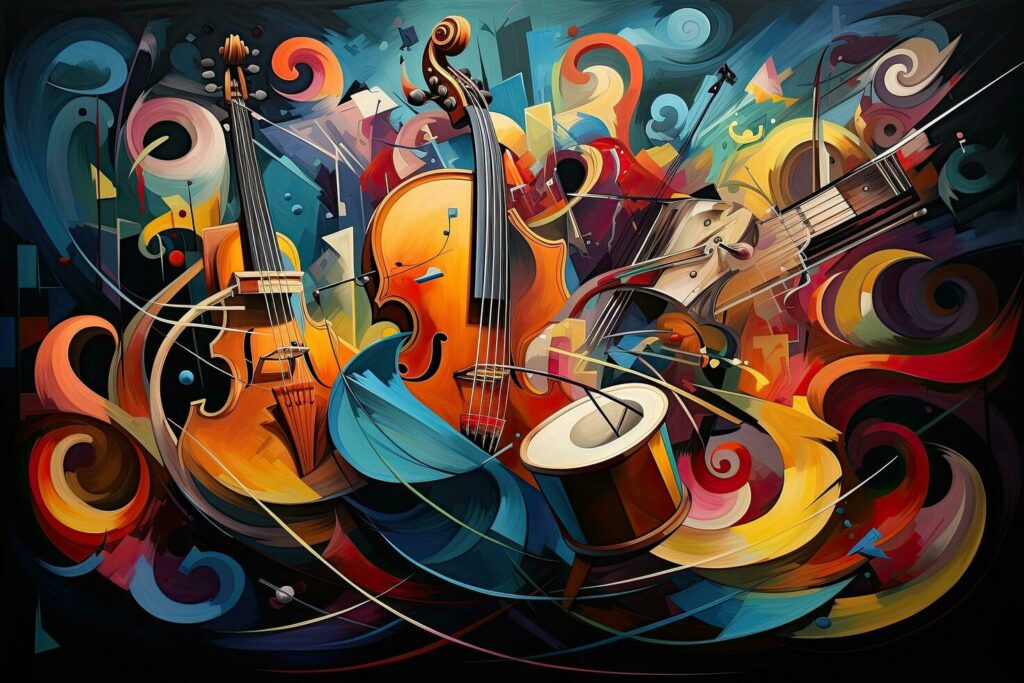
The Future Soundscape: A Collaborative Approach
While some fear AI might overshadow human creativity, a more collaborative future is apparent. Musicians and producers are finding innovative ways to integrate AI into their workflow without compromising artistic integrity. AI assists in inspiration and production, while human creativity continues to drive emotional expression and thematic depth.
Experimental musicians are pioneering this collaborative approach. Canadian musician Grimes, for instance, has embraced AI in her musical creations, viewing it as a tool to expand her creative possibilities. By interpreting AI-generated suggestions and adding a human touch, artists like Grimes illustrate a harmonious fusion of technology and human artistry.
Conclusion: Embracing a New Musical Horizon
AI-generated music stands at the brink of transforming the soundscapes of tomorrow. While challenges remain in adapting to this new musical era, the potential benefits are numerous. As AI continues to learn and grow, it will enhance—not replace—the innate artistic qualities that humans bring to music. The integration of AI in music ushers us toward a future that promises both innovation and creative expression, forging a pathway that musicians and AI will traverse together.
In conclusion, by embracing AI-driven tools and fostering a cooperative relationship with technology, we can unlock new realms of musical creativity, redefine industry standards, and pave the way toward an innovative soundscape for future generations.

